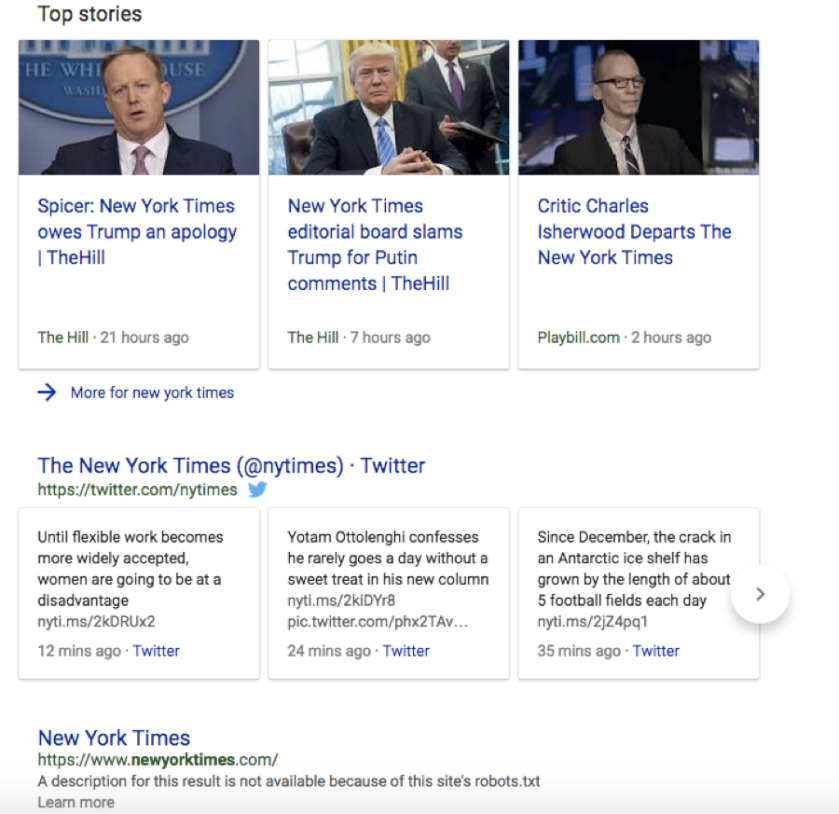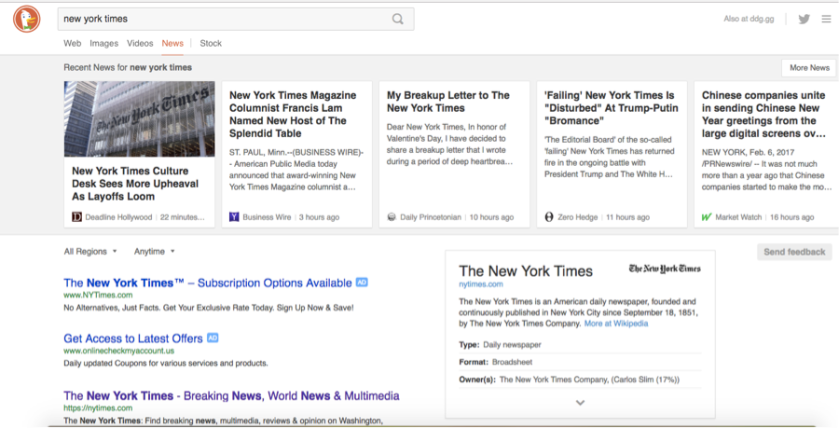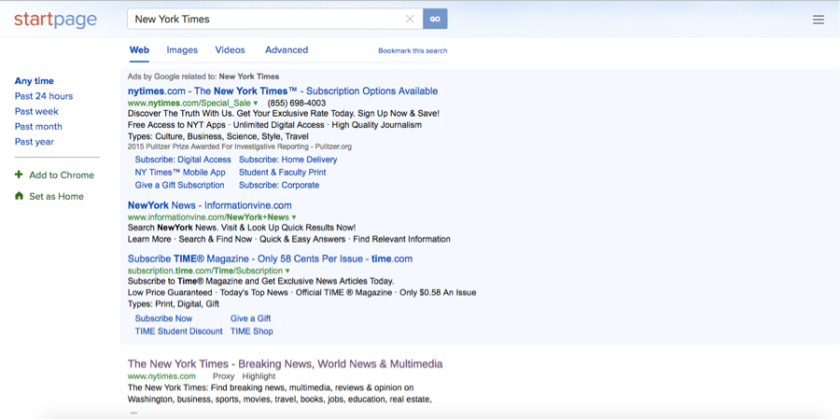Google is one of the biggest if not the Biggest search engines to ever grace the miles and miles of internet. Most people don’t really know how big the company really is due to the fact most people (me included) think Google is just a website to search for answers to your homework. Google is way more than just that! Once you dive into the history of just what Google has done over the years and the advancements they produce is crazy.
Google began in January 1996 as a research project by Larry Page and Sergey Brin when they were both PhD students at Stanford University in Stanford, California. The domain name for Google was registered on September 15, 1997, and the company was incorporated on September 4, 1998. This Youtube video shows a quick look at the things that Google has been up to over the years. Google wasn’t always called Google at first it was named BackRub and was renamed to Google in 1997. The word googol means the number 10 raised to the power 100 (10100), which is where they got the name google from. 1998 Google was named the top search engine and the homepage was launched. The crazy thing is that considering how big Google is today most people don’t know that it was started in a garage. Also in 1998 Google hired its first employee Craig Silverstein. The Company moved two times in 1999 one to Palo Alto, CA and again to its now location Mountain View, CA just a few miles away from Stanford University.
Every year Google has either come out with a new format to better the internet or has acquired a company and turned their product into something that has bettered the internet community as a whole. In 2001 Google bought their first public acquisition, we acquire Deja.com’s Usenet Discussion Service, which they turned into Google groups. Google News launches with 4,000 news sources, in 2002. Today Google News includes 50,000+ news sources, with 70 regional editions in different languages.
2004 was a huge year for Google launching everything from Orkut which is a popular social media site in many different countries but not in America, I didn’t know what this really was until doing some digging of my own. Also launched was Gmail which everyone knows what Gmail is today, it was launched on April Fool’s day first as an invite only but today has more than 400 million users. Google also went public in the Summer of 2004 releasing 19,605,052 shares of Class A common stock, starting at $85 per share. Along with all this Google scholar beta was released, and the plans for Google Earth went into motion.
Google Maps was fully launched in 2005 and later that year was able to download and use it on mobile phones. The mobile search was added also in 2005 directed mainly towards viewing the internet searches on phones. Youtube becomes part of the companies owned by Google in 2006 with a few other big launches that include calendar, Google translate, Docs and Sheets. The main thing to come out of 2007 was the announcement of Android which was a combined effort between Google and a few other companies. It was the first open platform for mobile devices.
We announce we’ve developed technology for cars that can drive themselves; we think self-driving cars can help prevent traffic accidents, free up people’s time and reduce carbon emissions. YouTube introduces TrueView, a new kind of ad—after 5 seconds, if an ad doesn’t seem relevant or interesting to you, you can skip it. Both happened in 2010. In 2014 Google bought the company Nest, which makes wireless thermostats and smoke detectors.These are just a few of the advancements and products that Google has released.
GoogleChannelUK. “The Google Story.” YouTube. YouTube, 08 Oct. 2009. Web. 16 Feb. 2017
“Our History in Depth – Company – Google.” Our History in Depth – Company – Google. N.p., n.d. Web. 16 Feb. 2017.

 No. Not at all. In fact, it’s foolish to think anything on the internet is 100% foolproof or safe. Even Google, with their vast amount of resources and money,
No. Not at all. In fact, it’s foolish to think anything on the internet is 100% foolproof or safe. Even Google, with their vast amount of resources and money, 


